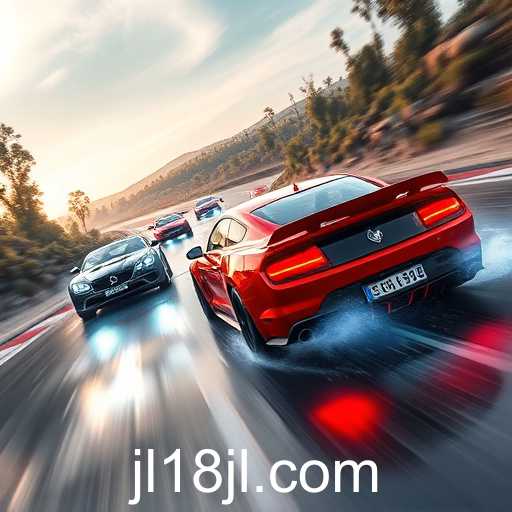Exploring the dynamic world of racing games, from classic titles to modern innovations in gameplay and technology.
Racing games have long captured the imaginations of gamers worldwide, serving as a perfect intersection of adrenaline, skill, and competition. As an iconic category in the gaming industry, these games have evolved from the rudimentary graphics of the arcade era to the hyper-realistic simulations available today. With "18jl" as a keyword that's tied to this genre, it's intriguing to see how developments in technology have transformed racing games into the immersive experiences they are now.
In the early days, titles like "Pole Position" and "Out Run" laid the foundation by introducing players to high-speed thrills. These games were simple in design but captured the essence of speed and competition, establishing a template for future innovations. As console technology advanced, so too did the complexity and realism of racing games. The advent of 3D graphics in the 1990s ushered in a new era, with landmark games like "Gran Turismo" and "Mario Kart" redefining what players could expect.
The development of "18jl"'s racing game category has further expanded with improvements in both narrative and technical facets. Modern racing games now offer story modes, extensive vehicle customization, and online multiplayer features that connect players globally. Titles such as "Forza Horizon" and "Need for Speed" have utilized these advancements to offer expansive open-world environments, allowing players to not just race but to explore stunning landscapes and engage in various challenges.
Additionally, the surge of indie developers has introduced unique twists to traditional racing formats, offering everything from gravity-defying tracks to narrative-heavy, post-apocalyptic races. These innovations demonstrate the genre's flexibility and its ability to cater to diverse gaming preferences.
The cultural impact of racing games cannot be understated. They've influenced real-world car culture and vice versa, with manufacturers often collaborating with game developers to feature their latest models in these virtual arenas. This symbiotic relationship highlights the significant influence of video games on broader popular culture.
Looking forward, the future of racing games promises even more exciting developments. With virtual and augmented reality on the rise, players can expect increasingly immersive experiences. The integration of AI promises smarter and more responsive opponents, enhancing the competitive thrill. Overall, racing games remain a beloved staple in the gaming world, constantly pushing the boundaries of what is possible and engaging players in new and exciting ways.




